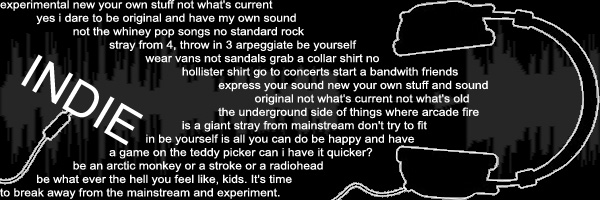Article |
|
Results 1 to 5 of 5
Hybrid View
-
12-24-2008 08:23 PM #1"O" will suffice. Achievements:










- Join Date
- Apr 2005
- LD Count
- 20+ Years Worth
- Gender

- Location
- Central Florida
- Posts
- 16,083
- Likes
- 4032
- DJ Entries
- 149
Blurring the Boundary Between Memory and Perception - SciAm
 Dream Journal: Dreamwalker Chronicles Latest Entry: 01/02/2016 - "Hallway to Haven" (Lucid)(Or see the very best of my journal entries @ dreamwalkerchronicles.blogspot)
Dream Journal: Dreamwalker Chronicles Latest Entry: 01/02/2016 - "Hallway to Haven" (Lucid)(Or see the very best of my journal entries @ dreamwalkerchronicles.blogspot)
-
12-24-2008 08:32 PM #2What's up

![<span class='glow_006400'>[SomeGuy]</span> is offline](/images/styles/dream/statusicon/user-offline.png)
![<span class='glow_006400'>[SomeGuy]</span>'s Avatar <span class='glow_006400'>[SomeGuy]</span>'s Avatar](https://www.dreamviews.com/customavatars/avatar15935_38.gif)
- Join Date
- Nov 2007
- LD Count
- About 1
- Gender

- Location
- Tmux on Debian
- Posts
- 2,862
- Likes
- 130
- DJ Entries
- 4
-
12-26-2008 05:16 PM #3
Thanx for the link. They didn't produce a false memory, though, only a false perception IMHO.
-
12-27-2008 07:20 PM #4D.V. Editor-in-Chief


- Join Date
- Jun 2006
- LD Count
- Lucid Now
- Gender

- Location
- 3D
- Posts
- 8,263
- Likes
- 4139
- DJ Entries
- 11
Is the argument that false memories are based on false perceptions?
Everything works out in the end, sometimes even badly.

-
12-27-2008 08:23 PM #5
Kind of. First they're stating that perception is not strict and encompassing, more a "guessing" and "constructing" process. And that it makes it possible to fool it by making the brain "fill the gaps" on its own.
So they led experiments based on tricking your perception and then called their results "false memories". It's perfectly okay, why not, if you tend to remember something not as it was under particular circumstances, it can be called a false memory.
The problem is that if they had to explain how full-blown false memories appear in dreams the explanation based on distorted perception of some external source would fail. There's no external source.
So to me personally this article looks like somebody wanted to make a "sensational claim" out of nothing. We can obtain vivid false memories without any external source, so who can seriously say that they've discovered something "important" about their nature after merely finding a few visual distortion tendencies




 LinkBack URL
LinkBack URL About LinkBacks
About LinkBacks




 Reply With Quote
Reply With Quote

Bookmarks